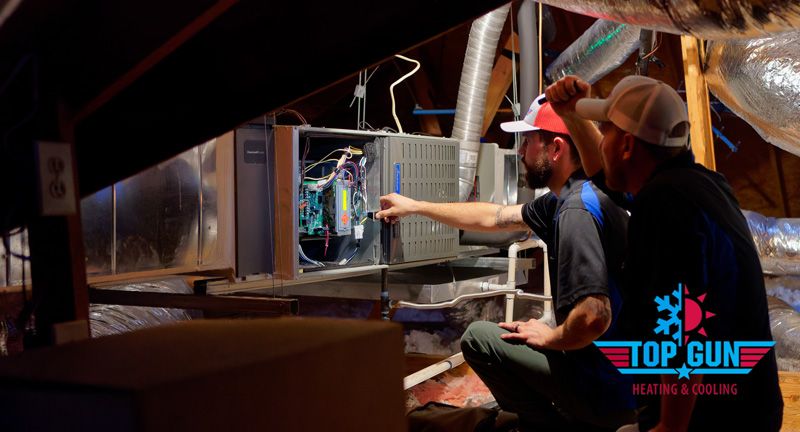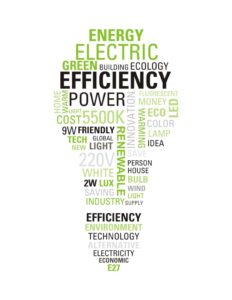
Important Factors for Choosing Central Heating and A/C
Important Factors for Choosing Central Heating and A/C
Efficiency, size, ease of maintaining, are all important factors for choosing central AC.
 Efficiency
Efficiency
This is the amount of electricity that is used to cool your house. Efficiency ratings for air conditioning systems is known as the Seasonal Energy Efficiency Rating (SEER). The higher the SEER, the more cost efficient, approximately 5% less energy per SEER. So a 10 SEER upgraded to a 16 SEER system will use roughly around 30% less energy, which in return will lower your electricity bill. The minimum SEER in our region (DFW) is 14, therefore 14 and above SEER is what you need to be looking for.
Size
Size matters! The rule of thumb for sizing is approximately 1 ton per for every 500 square feet. A manual J Heat Load calculation is the standard for sizing residential systems. different areas have different design temperatures and system needs. For sizing guidance, use the calculator on the Energy Star website. An over-sized AC system will quickly over-cool the air in your home and shut off too soon (known as short cycling). As a consequence, over-sized systems run for too short a time far too often, which uses too much energy and leaving you in a house full of unwanted humidity. It also causes unnecessary wear and tear on your system. Think freeway miles versus city miles on your car. Having an undersized system, will cause your system to run excessively, because it never reaches the temperature set point being called for at the thermostat. As a result, it wastes too much energy and never effectively cools your home.
Maintenance
Maintenance will ensure the highest efficiency of your Heating, Ventilating, and Air-Conditioning (HVAC) system.
Your HVAC will consist of either a furnace and A/C or a heat pump, which both heats and cools. Both types will have an interior unit (evaporator and blower) and an exterior unit (condenser coil and compressor). Maintaining these components will not only save money on energy, but you’ll also extend its lifespan, saving money on costly early replacement! A service plan that combines regular inspections with repairs and a labor warranty is worth negotiating into the overall price. Prices for such a service vary widely.
A programmable thermostat can be a huge cost savings if you and your family are away from home during set times of the day. Through proper use of pre-programmed settings, a programmable thermostat you can save you up to 20% or about $180 every year in energy costs. Smart thermostats are thermostats that can interface with a homes wifi network and other devices like your phone, tablet, and computer. Some of these thermostats like the Nest, Ecobee, and Honeywell 9000 Series have cost savings features and algorithms built into their software that can reduce your energy bills.
